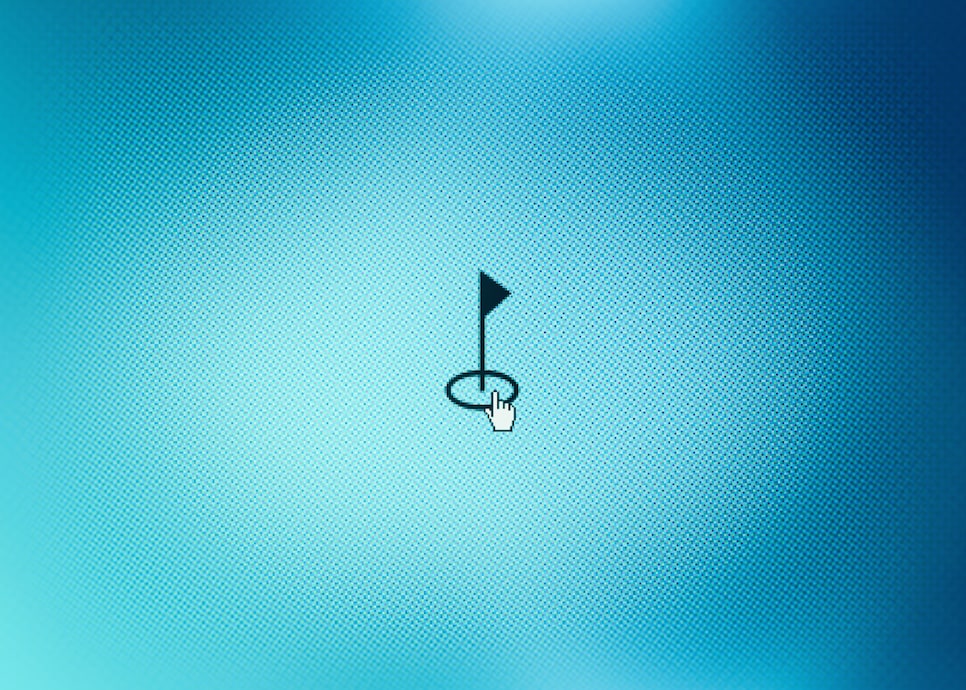Local Knowledge
What do NFTs have to do with golf? Our latest podcast explains

SEAN GLADWELL
At the Presidents Cup, the PGA Tour announced a deal with Autograph, a company co-founded by Tom Brady, with Tiger Woods on the advisory board, that hosts NFT platforms for athletes and professional leagues. The deal has been in the works for months, and it will be months more before the official launch, but the basic headline here is that "digital collectibles" from the Tour will be available for purchase as soon as next summer.
If you're like many people, though, you only have a vague idea of what anything in the previous two sentences meant. This week's Local Knowledge podcast focuses not just on the Tour's deal with Autograph, but on NFTs in general, how they factor into the professional sports landscape, and how they may play a role in various parts of golf—and not just the highest ranks.
NFT stands for "non-fungible token," and the key word there is "fungible," which in the financial context just means "interchangeable." A $10 bill is fungible because it can be changed for two $5 bills, and a bar of gold is fungible because it has a market value and can be exchanged for dollars or Euros or pounds sterling. But what about a painting by a famous artist? Sure, you could evaluate the value of the used paint and the canvas and the frame, but none of that comes close to measuring the actual value of the painting, whose artistic merits mean that it's worth far more than the sum of its component parts. That's non-fungible.
In the world of the blockchain, cryptocurrencies are fungible. If I own one bitcoin, I can exchange it for American dollars today at the current market value. But an NFT is non-fungible, because it comes with some commodity—like the artist's painting—whose value is determined by quality and desirability, and exists outside the value of the code that composes it. Hence, non-fungible token.
As more of our lives are conducted online, NFTs might not be going anywhere anytime soon. For one thing, they serve as status symbols, and in that sense are no different than a Rolex watch, which is more about owning a Rolex than effectively telling time. For another, as copyright law catches up with NFTs and digital spaces become more critical to our lives, it may be the case that owning an NFT actually becomes somewhat equivalent to owning a piece of physical property in the analog world.
It's easy to imagine how this translates into the sports world. When we talk about "digital collectibles," it can mean anything from artistic renditions of big moments, or—in the case of sports leagues—photographs and highlights. The NFL and NBA have deals with a company called Dapper Labs, and MLB works with Candy Digital. In those cases, you can "own" certain plays, or images, for a price, and because those leagues all have unions, the profits are split between all players. Individual players can launch their own NFTs, but the caveat is usually that it can't involve on-field moments, since those highlights are owned by a league.
When the PGA Tour's NFT platform is launched, the profits will tilt toward the players driving the most revenue, in line with recent policies put into effect in order to stop the defections to LIV Golf. As with the other leagues, though, the Tour's platform with Autograph will be the only place anyone can own an on-course collectible from a Tour event.
Back when discussions with Autograph began, it was a bull market for NFTs. Candy Digital, MLB's partner, was valued at $1.5 billion, while Dapper Labs, home to the NBA and NFL, reported $700 million in sales in 2020, doubling the prior year. In all, the NFT market was worth around $17 billion by early 2022. Then, with the crypto crash, everything changed; today, that market was valued at $470 million, a 97 percent drop, and NFT sports sales had dropped across the board.
Today, it's uncertain if that value will rise again. The believers point to the boom-and-bust cycle of cryptocurrencies in general, and insist there's a resurgence on the way, while others think the floor has permanently fallen out. The future of NFTs is cloudy, but there are signs that they could be relevant to golf in ways that go beyond the volatility of the markets. LinksDAO, for instance, is a group trying to crowdfund the purchase of an actual top-100 golf course via NFTs. All innovations of this sort require a leap of faith, and that's where we are now—the critical moment where anyone who wants to dip a toe into NFT waters needs to decide if they have a spot in golf's future.

